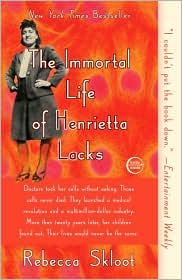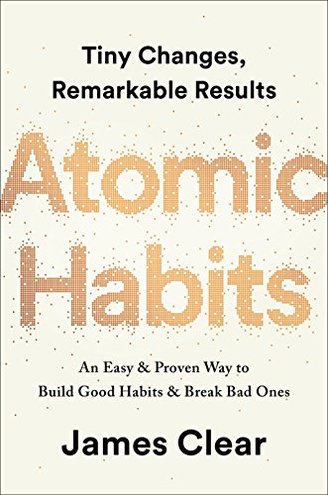Review of THE IMMORTAL LIFE OF HENRIETTA LACKS
by Johny McFliggen, PhD Literature & Business, Oxford
In "The Immortal Life of Henrietta Lacks," Rebecca Skloot crafts a narrative that is nothing short of a literary biopsy, cutting into the complex tissue of medical ethics, racial history, and personal legacy. Like the HeLa cells themselves, the book has a life of its own, thriving in the fertile ground of science and human interest. This work is a tour de force, deftly weaving together strands of biography, science, and cultural critique, creating a tapestry as rich and complex as a strand of DNA.
Skloot's background in both biological sciences and creative nonfiction serves her well here. Her writing is like a well-tuned instrument, hitting notes of empathy and inquiry with equal precision. She takes on the Herculean task of explaining complex scientific concepts while never losing sight of the human story at its core. This is not merely an exploration of HeLa cells but an excavation of an ethical quagmire that has long been glossed over in the annals of scientific achievement.
Henrietta Lacks emerges not just as a woman whose cells changed the world but as a symbol—a modern Prometheus whose life was unknowingly sacrificed for the fire of scientific progress. Skloot does not shy away from the uncomfortable truth that medical advancements often rest on the backs of the exploited. Her narrative exposes the chasm between those who benefit from scientific progress and those who are merely its unwitting contributors.
The book finds its place alongside Siddhartha Mukherjee's "The Emperor of All Maladies," which similarly navigates the labyrinthine history of cancer research. Where Mukherjee offers a panoramic view, Skloot provides an intimate close-up, focused on the singular life that became a catalyst for decades of medical breakthroughs. Both works, however, share an unflinching gaze into the moral complexities of their respective subjects.
Skloot's treatment of race and class is particularly salient. In a world where the Tuskegee Syphilis Study still looms large in collective memory, "The Immortal Life of Henrietta Lacks" reads like a necessary reminder of the systemic inequities that persist in medical research. Harriet A. Washington's "Medical Apartheid" provides a broader historical context for this issue, but Skloot offers something even more powerful—a personal narrative that refuses to let the reader look away.
The public's reception has been overwhelmingly positive, though not without its critiques. Some argue that Skloot's portrayal of the Lacks family borders on exploitation, yet her commitment to including their voices suggests a counter-narrative to this criticism. Her efforts to share profits with the Lacks family further complicate any simplistic accusations of exploitation.
In sum, "The Immortal Life of Henrietta Lacks" is more than just a book; it is a cultural artifact that pushes the boundaries of what non-fiction can achieve. It challenges readers to consider who benefits from scientific progress and at what cost. Much like an episode of "Black Mirror," it holds up a mirror to society, forcing us to confront uncomfortable truths about our past and present. This work will undoubtedly remain a touchstone for discussions on ethics in medicine for years to come, leaving an indelible mark much like the immortal cells it chronicles.
Purchase Link: THE IMMORTAL LIFE OF HENRIETTA LACKS on Amazon



